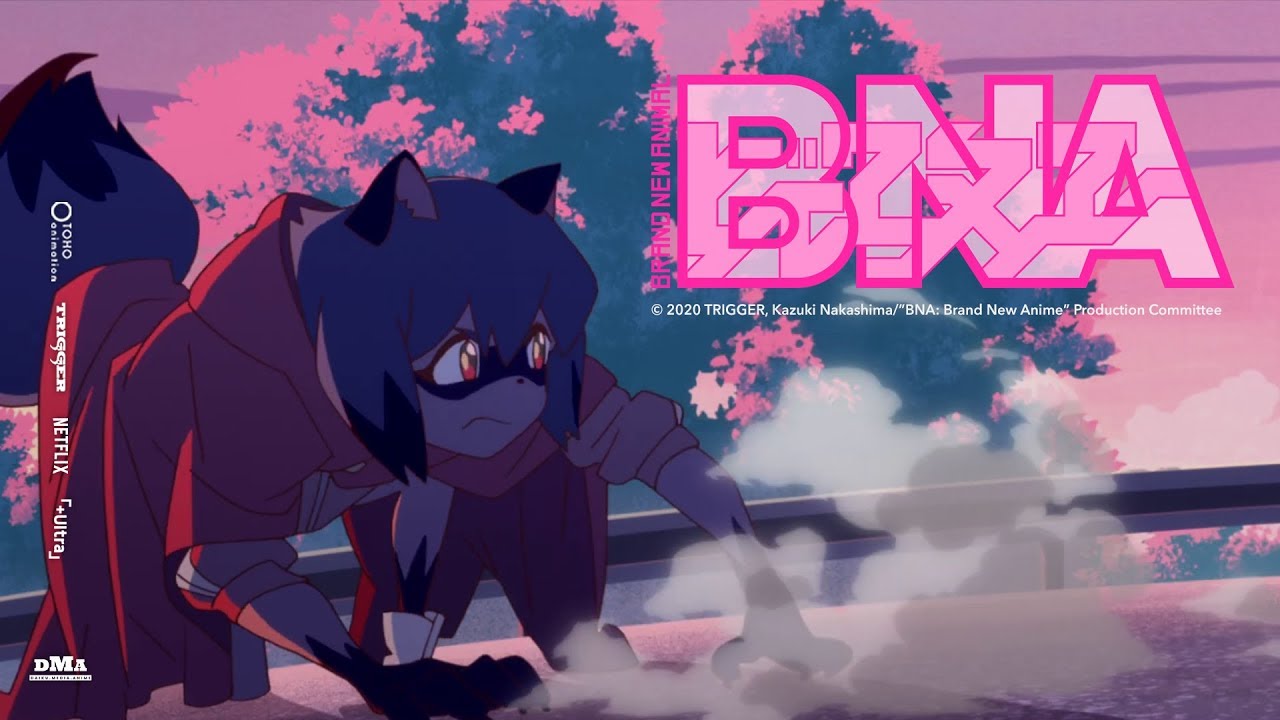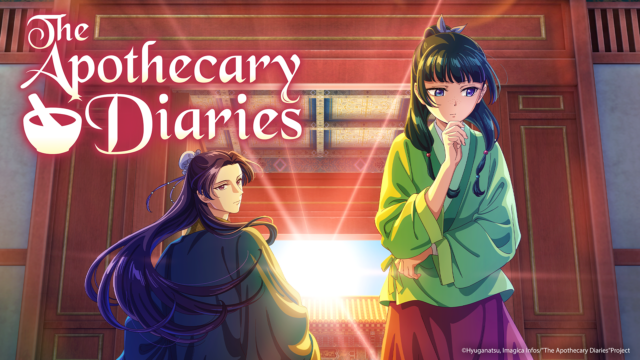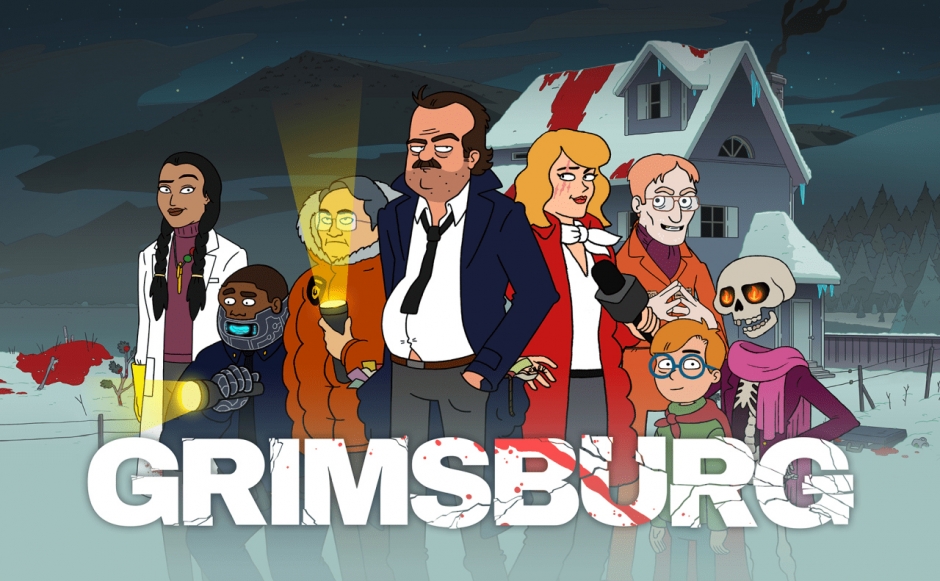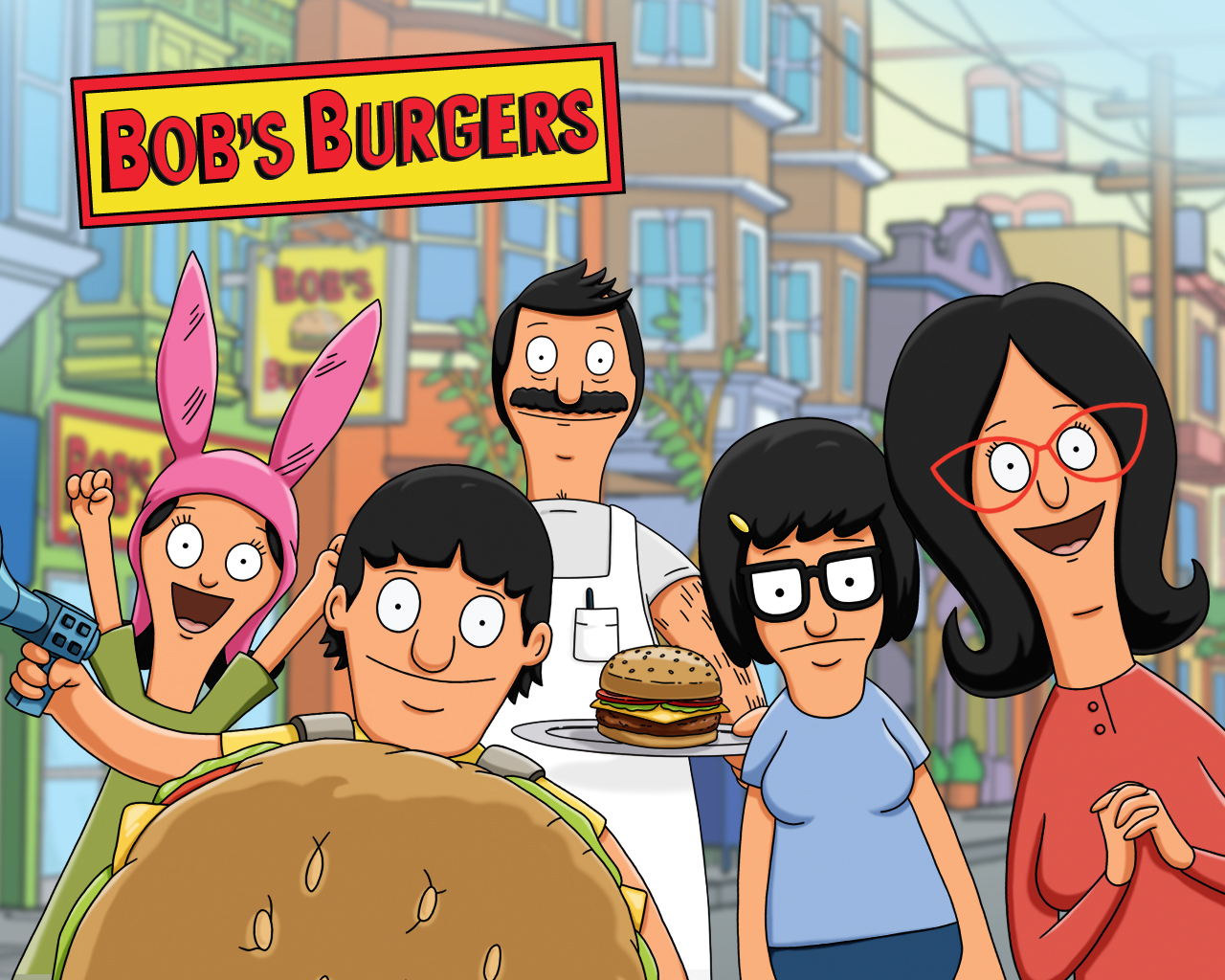English Dub Season Review: BNA: Brand New Animal Season One
Trigger, the spiritual successor to the once legendary Studio Gainax, is back at it again with their next original series. Brand New Animal, or BNA, is a series that poses tough questions about discrimination, racial divides, and that people should not be judged by the fuzziness of their skin, but the content of their character, all conveyed through the metaphor of persecuting animal people. Basically, it’s Zootopia if it were about humans versus Animorphs. That probably doesn’t sound super original on paper, but then again, you’d be hard pressed to find a racism metaphor that beats the original X-Men comics. Plus, given what’s happening in the world right now (and actually has been happening constantly for centuries), it’s not exactly a lesson that will be getting stale any time soon. But there are certainly right and wrong ways to handle it, so where does BNA fall in that?
Well first, there’s the story. Michiru Kagemori is a normal human girl who one day turns into a Beastman, who are essentially people who can turn into animals who have only recently become publicly known to the world. Beastmen are typically born, not made, so Michiru travels the Anima City, the only free land for Beastmen to live, in order to find away to cure herself and return to normal. There, she meets a wolf man named Shirou who works for the mayor to stop crime in the city, so together they work to uncover the mystery behind Michiru’s condition. Along the way, Michiru discovers she has the powers of multiple animals while grappling with her identity as either a human or beastman, as well as encountering a religious cult with a connection to Shirou’s past.
And that’s quite a bit to pack into just twelve episodes. A bit TOO much as you’ll find out by the end of the last one. BNA puts a lot of pride in its gorgeous animation and veteran voice acting cast, as it well should, but that only barely distracts from how Anima City and its residents are a bit underdeveloped for the majority of the season. Michiru and Shirou get plenty of focus, of course, with Michiru’s conflicting sense of identity mixing well with Shirou’s muddying sense of purpose, not to mention Michiru’s friend Nazuna when she enters the fray, but just about everyone else feels a bit too cardboard to make the city feel fully lived in. What the first half DOES manage to do is use its furry friends to explore the complicated nuances of the city and its role in protecting Beastmen, which is more work than some shows I see tackling these topics through similar lenses, but it ends up feeling a bit more like being a tourist there than someone who lives there. You’re there for a few days so you might as well enjoy the sights, but you’ve not got incentive to feel much in the way of a personal connection with the people you meet.
Then there’s the thematic crux of the series’ premise, which uses the Beastmen as a metaphor for racial and ethnic discrimination in the real world. Though its very clearly not one to one, there are moments throughout that evoke specific historical moments, such as the Nazi concentration camps and integrating black players into American Baseball. Interestingly, this is not the first Trigger property to tackle this idea, as both Little Witch Academia and Promare have also had their own story-specific races be the subject of suspicion and persecution. As for where BNA lands with this concept, it seems to come to a conclusion that people are more than their potential to do harm, but that those who pass for that persecuted group should remember their boundaries while also being able to co-exist peacefully with them. And also that judging people based on purity of blood is wrong, thought that really on comes into play in the last episode and seems rather tacked on. So in the end, how this show tackles the complex topic of racism is pretty wishy washy and indecisive but well meaning, much like Zootopia.
The ending in and of itself shows where there may have been a slip up in the writing stage, because it has to wrap up the storyline building up for eleven previous episodes while also, inexplicably, throwing in about six or seven new details and factors that seem almost designed to fill a whole other season into this one right at the tail end. We have the culmination of what is basically the evil scheme from Zootopia paired with the Fall of Beacon from RWBY, piled on with new twists about Michiru’s blood, a condition within Beastmen that turn them feral and jeopardizes the existence of the city, tying up loose threads about Shirou’s past, and then NEW revelations about the antagonist of the season that feel like they come out of nowhere. The “Gainax Ending” was one of that studio’s trademarks, noting an ending that feels totally out of left field and almost always done specifically to screw with the viewer. And while BNA’s ending doesn’t reach the heights of mind screwery that other Trigger shows have, it will certainly feel that way once you see it and try to process it all.
And even with these issues in mind, it’s hard to not have fun with a Trigger anime, with BNA being no exception. Its stylish flourishes dazzle the eye at every opportunity and will at least keep your attention enough to not fully put together that things aren’t put together as good as they could be. And as mentioned, this season could’ve definitely used some fleshing out, possibly by doubling the episode count, much like how Promare felt like a show crammed into a movie, which is odd since other Trigger shows probably could’ve benefited from cutting their episodes in half. Though again, this doesn’t stop Brand New Animal from being a good time overall, with plenty of room open to continue the story as the studio pleases. As we try to brave through a period where we must help all we can to feel safe and healthy, some bundling up to watch this show certainly wouldn’t be the worst way of doing that.
























"There are also other characters that come and go (also owned by the Warner Bros. Discovery conglomerate media company)."
Huh. Is that just referring to other characters from the show itself, or is this implying that the new season is going to have cameos from other WBD IPs